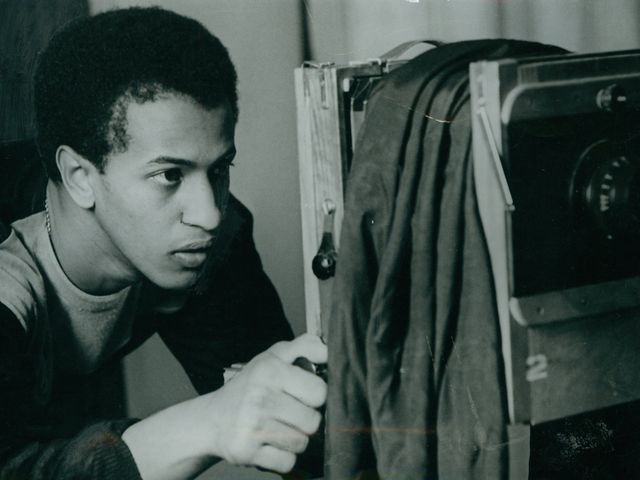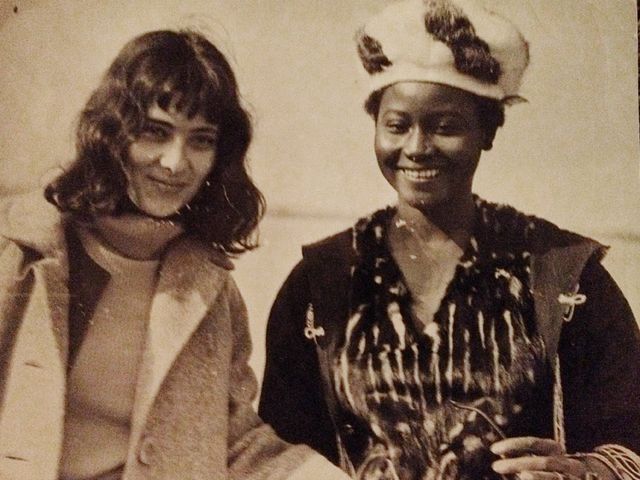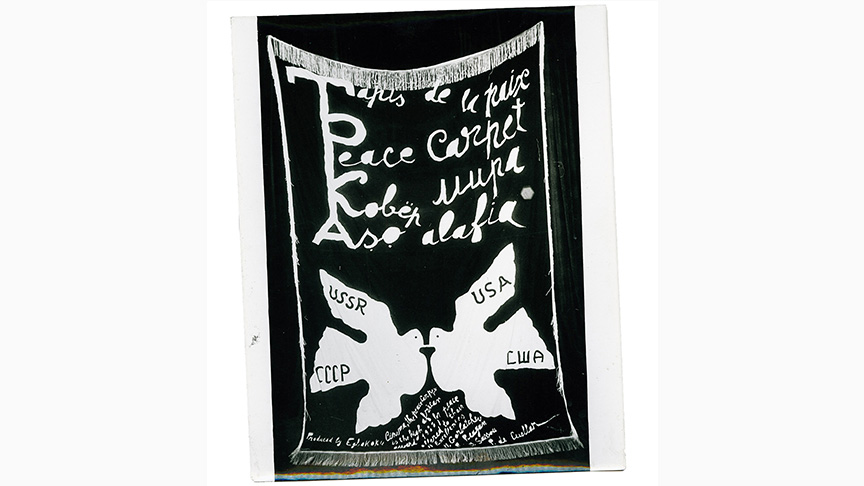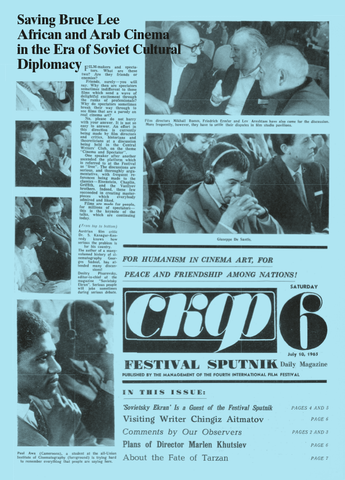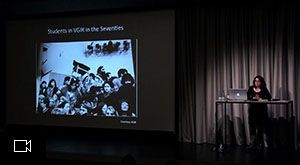Jan 19–21, 2018
Saving Bruce Lee – African and Arab Cinema in the Era of Soviet Cultural Diplomacy
Film program, talks, lectures
Jan 19-21, 2018
Saving Bruce Lee will discuss the legacy of Soviet filmmaking on the film history of African and Arab countries based on, for instance, recordings, films and the personal memories of students enrolled at the Gerasimov Institute of Cinematography (VGIK) in Moscow who took part in the program from the early 1960s to in the late 1980s.
In the wake of postcolonial liberation the Global South was contested terrain, caught between the two superpowers of the Cold War for the deployment of influence and allegiance. At a time when cinema was a fertile field for forging national identity, film scholarships represented one of the USSR’s tools for “cultural diplomacy.” Between the 1960s and the 1980s, many filmmakers from the Arab world and African continent who would later become prominent received their diplomas from the prestigious Gerasimov Institute of Cinematography (VGIK) in Moscow. Alluding to the fabrication of national icons, popular imaginaries, and ideology reflected in cinematic works, Saving Bruce Lee revisits their craft and lived experience. A three-day program brings together the former students and other film experts, recovering virtually unknown diploma films which will be screened together with prominent works of the filmmakers.
Before Bruce Lee action flicks reached the Arab world and the African continent, there were other heroes: those who had expelled colonizers and fought for independence. Some of them became presidents while others ended up prisoners as new-born republics became autocratic. Within two decades, Bruce Lee came to prevail on the screens of movie theaters in African and Arab cities, his prowess and sense of justice making him a perennial hero. State-funded national cinema carried the expectation of narrating the people’s version of history and elegizing heroes from the struggle for independence. Back home, the Moscow graduates told stories of everyday people instead, and did not shy away from criticizing the reigning order. Sometimes the price paid for making subversive films was marginalization, in other cases filmmakers were sentenced to prison, their films being banned. Saving Bruce Lee invites VGIK graduates Ossama Mohammed, Suliman Mohamed Ibrahim Elnour, and Mohamed Abouelouakar to present their own films and engage with filmmakers Suhaib Gasmelbari, Ali Essafi, Jihan El Tahri, and Valérie Osouf. They will give insight into their research on this rarely considered versant in film history, and interrogate canons of African and Arab cinema. Lectures by three prominent scholars of Soviet film and cultural history, Gabrielle Chomentowski, Elena Razlogova, and Constantin Katsakioris, will reflect on the USSR’s cinematic foreign affairs.
Curated by Koyo Kouoh and Rasha Salti
Part of Kanon-Fragen
